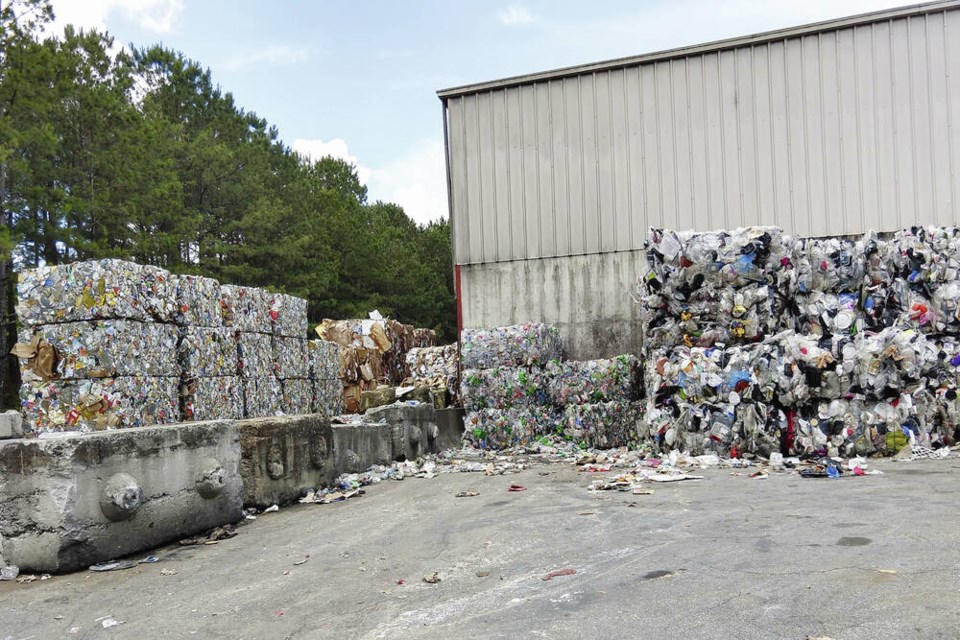Today — June 5 — is the 50th anniversary of the opening of the first UN Conference on the Human Environment, held in 1972 in Stockholm.
The secretary general of the conference, Maurice Strong, was a Canadian who went on to become the founding executive director of the UN Environment Programme that was established as a result of the conference. In this and many other ways, the Stockholm conference helped launch the modern environmental movement.
This is also almost exactly 30 years since the opening of the Rio Earth Summit on June 3, 1992, which began to lay out an agenda for sustainable development. The Rio Summit was based on the work of the UN Commission on Environment and Development, whose 1987 report was released 35 years ago this year.
So in this and the next three columns, I will revisit these important conferences and reports, reflect on the success and — mainly — the failings in implementing the environmental and sustainable-development agenda they outlined, consider where this leaves us, and contemplate the future we face and what we need to do to meet the challenges it poses — challenges that are far greater and more acute than they were 50 years ago.
One challenge that was not even on the agenda at Stockholm, surprisingly, was climate change. There was no reference to it or global warming anywhere in the declaration, and only two minor and oblique references to CO2 emissions among the 109 recommendations for action.
This may seem odd, but, “climate change wasn’t getting the attention it could have, and there was a lack of urgency in discussions” throughout the 1960s, according to Alice Bell, co-director at the U.K. climate-change charity Possible, . Indeed, it wasn’t until around 1977-1978 that the issue began to be taken seriously.
However, there was specific reference in the Stockholm Declaration to “dangerous levels of pollution in water, air, earth and living beings; major and undesirable disturbances to the ecological balance of the biosphere [and] destruction and depletion of irreplaceable resources.”
If we look at just those three issues — pollution, changes to the biosphere and resource depletion — it is clear that things have gotten a lot worse since 1972.
For example, plastics pollution was not even mentioned in the conference report. Our World in Data, which is based at Oxford University, reports that global plastics production in 1972 was 44 million tonnes, but reached 381 million tonnes in 2015.
The Living Planet Index, which measures the abundance of vertebrate species, declined 68 per cent between 1970 and 2016, the World Wide Fund for Nature reports, while we did not fully meet any of the 20 Aichi targets on biodiversity, established in 2011, and only partially met six of them.
When it comes to resource depletion, 10 per cent of the world’s fish stocks were over-exploited in 1974, but by 2017, that had risen to 34 per cent, Our World in DataWiD reports.
The Stockholm Declaration began by highlighting “the need for a common outlook and for common principles to inspire and guide the peoples of the world in the preservation and enhancement of the human environment.”
But 50 years later, finding a common outlook, principles and agenda for our common future remains elusive. Indeed, in remarks to the UN’s Economic and Social Council in March, following up on “Our Common Agenda,” UN Secretary General Antonio Guterres noted “a fundamental lack of solidarity in today’s world and in the mechanisms that are relevant for the global economy and the global financial system.”
The participants at Stockholm were clear: “Through ignorance or indifference we can do massive and irreversible harm to the earthly environment on which our life and well-being depend. Conversely, through fuller knowledge and wiser action, we can achieve for ourselves and our posterity a better life in an environment more in keeping with human needs and hopes.”
Obviously, the conference participants expected we would choose the latter course. I think they would be bitterly disappointed that we have largely chosen the former, acting with indifference and — well, not so much ignorance as “ignore-ance” – deliberately ignoring the evidence where it conflicted with short-term benefit and profit. It wasn’t supposed to be this way.
Dr. Trevor Hancock is a retired professor and senior scholar at the University of Victoria’s School of Public Health and Social Policy



